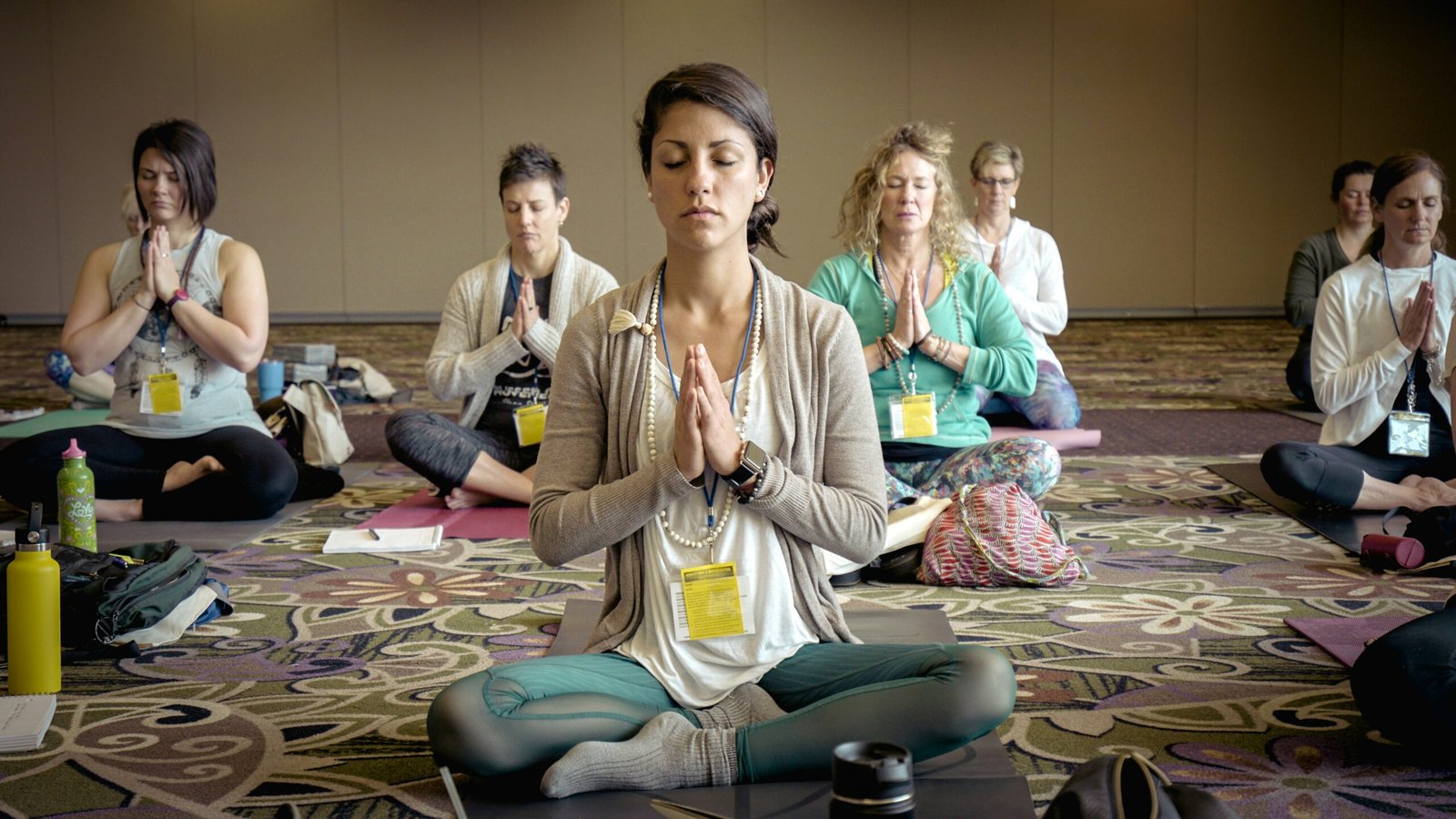
Osho Vision of Spirituality
Here is the story of Arjun who visited the OSHO Himalayas center to experience Osho vision of spirituality
In the 1970s, a young man named Arjun found himself questioning the constraints imposed on him by society, family, and tradition. Like many of his generation, he was searching for something deeper—a sense of meaning that the usual paths of work, marriage, and societal roles didn’t seem to offer. In his search, he heard about a controversial Indian spiritual teacher named Osho, who was challenging everything people thought they knew about spirituality, morality, and life itself. Driven by curiosity, Arjun made his way to Pune, India, to the ashram where Osho’s teachings were unfolding.
The moment Arjun arrived at the ashram, he could feel that it was unlike any other spiritual center he had ever visited. Gone were the quiet meditative spaces where people practiced austerity in silence. Instead, he found a vibrant community of people from all over the world engaged in expressive meditation practices, wearing bright colors, dancing, and embracing one another openly. The air was filled with a sense of liberation, freedom, and celebration. It felt new, exciting, even a bit unsettling for Arjun, who had been raised in a conservative environment.
In his first discourse, Osho spoke about love, spirituality, and the human condition in a way that Arjun had never heard before. Osho argued that society had created artificial barriers around sex, enforcing guilt, repression, and shame. He described how many religions had treated the body and its desires as sinful, casting sex as something impure, when in fact it was a natural and beautiful aspect of life.
“Sex,” Osho said, “is the most basic energy we are born with. To deny it, to suppress it, is to suppress a part of your life force, a part of your being.” He emphasized that true spirituality wasn’t about repressing one’s desires but rather understanding them, accepting them, and moving beyond them in a state of awareness. He spoke of sex as a doorway to spiritual awakening, suggesting that when approached with mindfulness and love, it could lead to moments of transcendence and connection with the divine.
Arjun felt a deep resonance with Osho’s words. He realized that he, like so many others, had grown up with a conflicted relationship to his body and his desires. Society had told him that seeking spiritual growth meant renouncing pleasures, especially those of the body. But here was a spiritual teacher who was telling him that he didn’t have to choose between living a full life and being spiritual.
Osho taught that sexual liberation was not about indulging indiscriminately, but rather about freeing oneself from the guilt and repression surrounding sexuality. He believed that when people were free to express their sexuality openly, without shame, they could experience deeper layers of intimacy, connection, and ultimately, a form of spiritual liberation. For Osho, sexual liberation was part of a broader path toward embracing life fully and authentically, without denial or hypocrisy.
During his time at the ashram, Arjun observed and even participated in some of the practices that encouraged emotional release, self-expression, and breaking down personal barriers. It was a deeply transformative experience, as he began to let go of the conditioning that had kept him feeling small and confined. He felt a new lightness, a freedom that he had never experienced before, and he realized that it was rooted in accepting himself fully, body and soul.
Osho’s message of sexual liberation was controversial and misunderstood by many. Critics accused him of promoting hedonism, but Arjun saw it differently. Osho wasn’t advocating for blind indulgence but rather for a conscious and compassionate exploration of all aspects of one’s humanity. Sexuality, Osho taught, was just one of the many expressions of the life force, and by embracing it without guilt or shame, individuals could come closer to a state of wholeness.
For Arjun, the journey didn’t end in Pune. He took with him the understanding that spirituality wasn’t about conforming to societal expectations or renouncing one’s humanity. Instead, it was about embracing life in its fullness, learning to express love without fear, and freeing oneself from the chains of guilt and repression. Osho’s teachings had given him a new lens through which to view himself and his path, one that allowed him to experience spirituality as a joyful, liberating journey rather than a burdensome pursuit.
In the years that followed, Arjun continued to explore this newfound perspective, finding peace and a sense of inner freedom that he had never known. The lesson he carried from Osho was simple yet profound: true liberation comes not from denying life’s pleasures, but from embracing them with awareness and understanding. Through this journey, Arjun found a spirituality that celebrated life in its entirety, echoing Osho’s message of love, freedom, and awakening.
- All
- Bhagwan spends
- Blog
- Celibacy vs Sex Philosophy of Osho
- Debate and Critique
- God is Dead
- Misinterpretations of Osho's Philosophy
- Monogamy and Polygamy
- Osho Discourses
- Osho philosophy
- Osho's Philosophy
- Paradox of Pursuing Travel by Bhagwan Rajneesh
- Philosophy and Spirituality
- Rajneeshism
- Religion and Spirituality
- Sexual Relations for Spiritual Growth
- The Myth of Superconsciousness
- The Path of Zorba the Buddha
- Third Psychology
- Visa Rejection of Bhagwan Rajneesh
- sex-to-superconsciousness
- धार्मिक विचार


The Path of Zorba the Buddha : Insights from Osho

Celibacy vs Sex Philosophy of Osho

God is Dead?

Navigating Emotional Complexity in Sexual Relations for Spiritual Growth
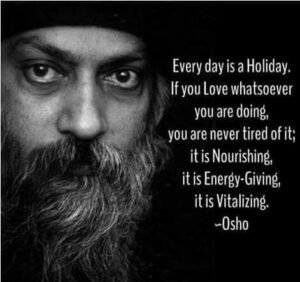
Osho’s Philosophy: A Cautionary Perspective
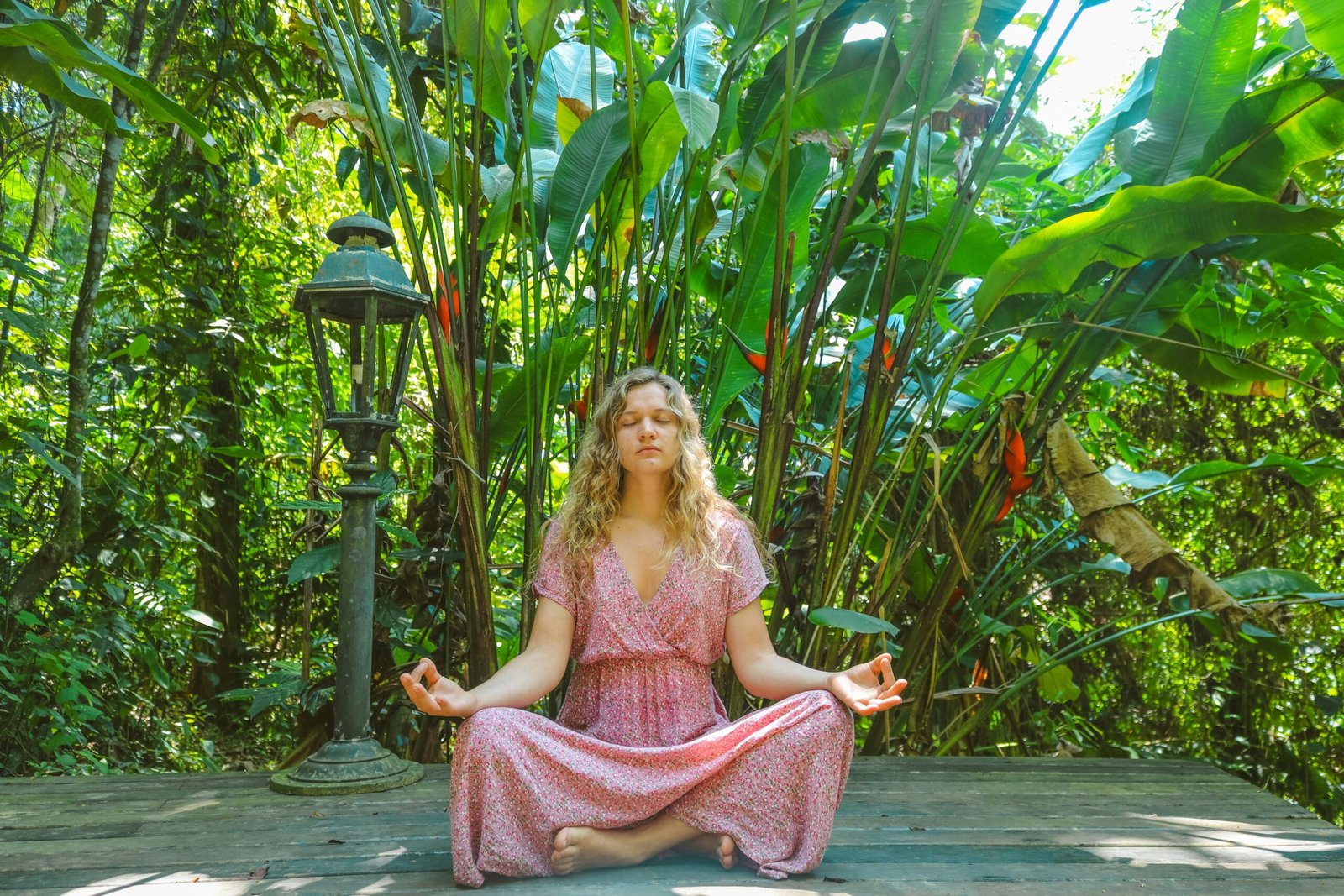
The Myth of Superconsciousness: Beyond Sexual Experiences
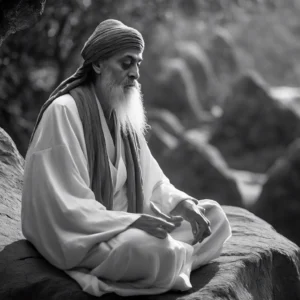
Misinterpretations of Osho’s Philosophy: The Debate on Sexuality and Spiritual Growth
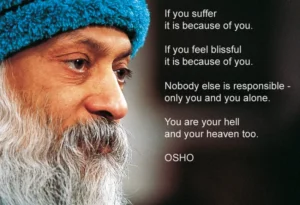
Celibacy in Religious Traditions and Osho

Osho’s Views on Polygamy and Monogamy

Exploring Osho’s View on Monogamy and Polygamy
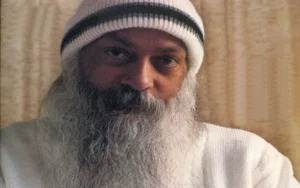
The Paradox of Pursuing Travel by Bhagwan Rajneesh
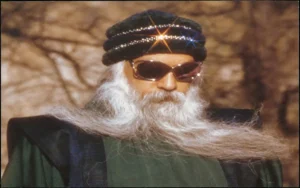
The Global Visa Rejection of Bhagwan Rajneesh

Jesus saves, Moses invests, Bhagwan spends
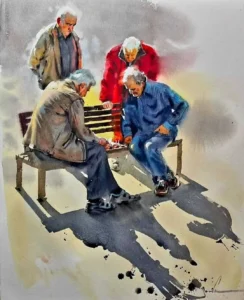
Third Psychology: Osho’s Influence and Insights

Rajneeshism: Origins and Impact

Thoughtless awareness and contentless consciousness
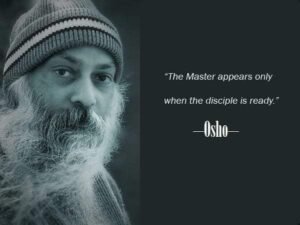
Osho educational philosophy

Education and Personal Development: The Pathway to a Fulfilling Life

Exploring Osho’s “Ek Onkar Satnam”: A Journey into Spiritual Unity and Inner Truth

ओशो के दृष्टिकोण में भाषा और धर्म का संबंध
Share this content: